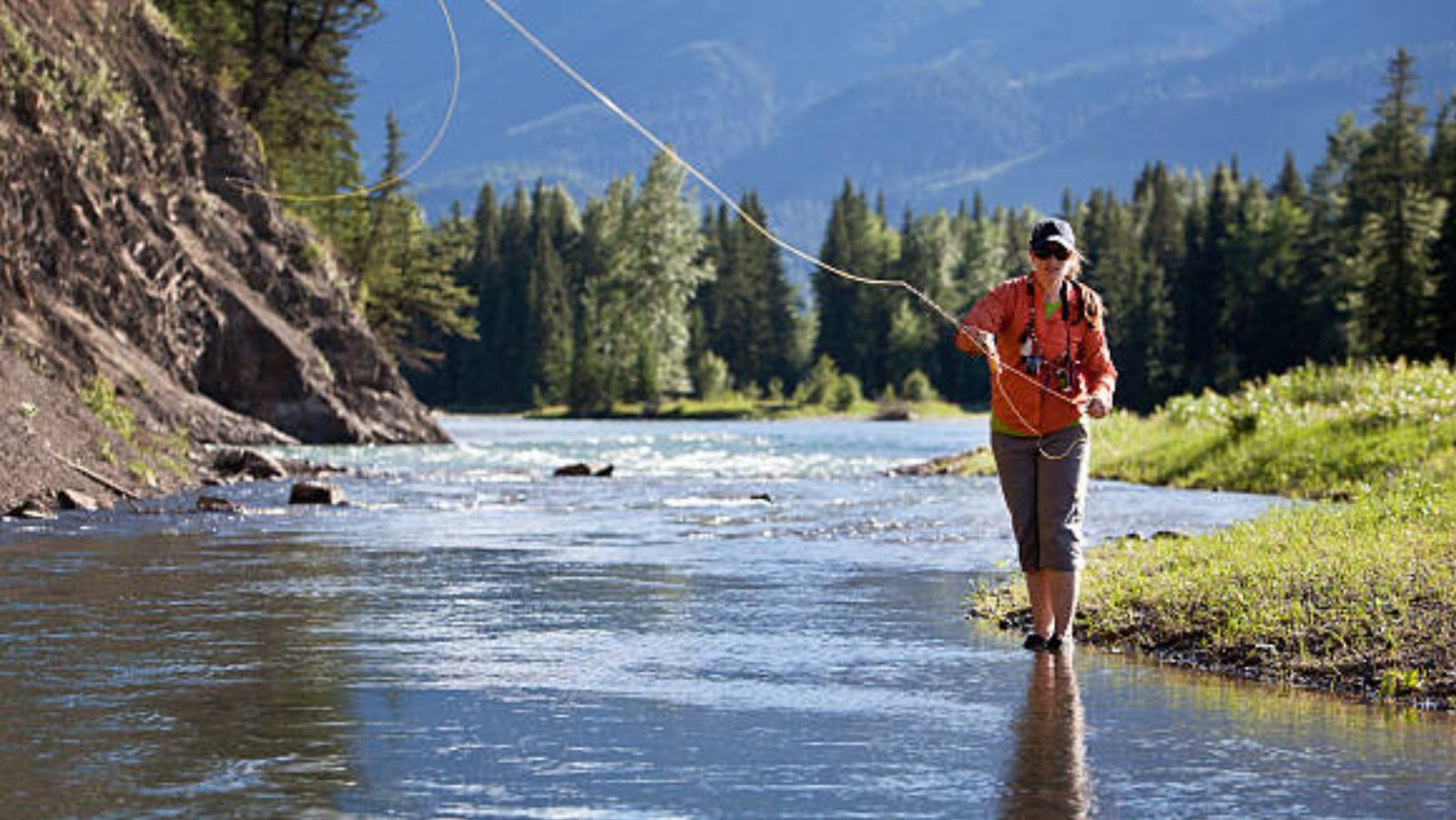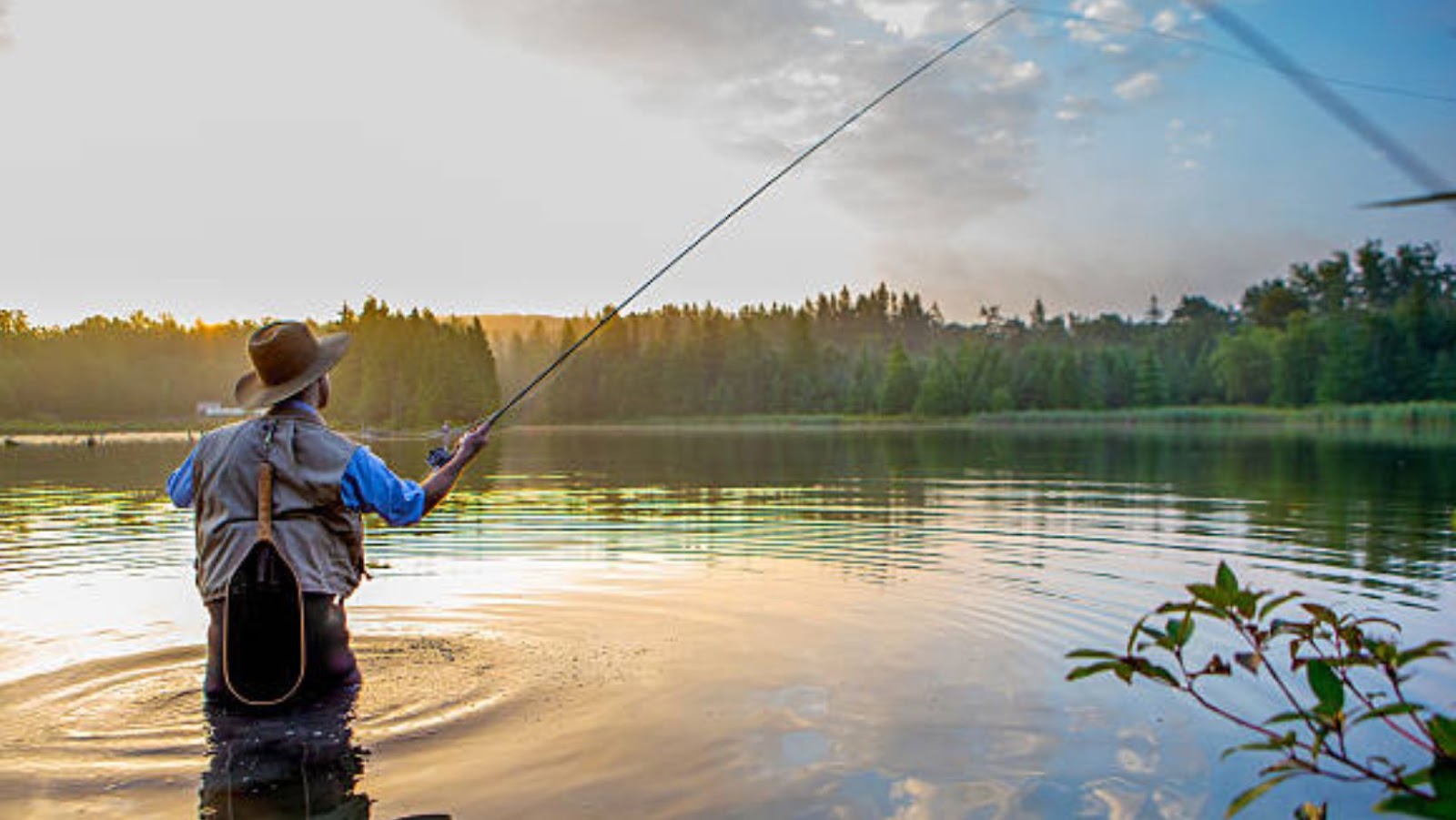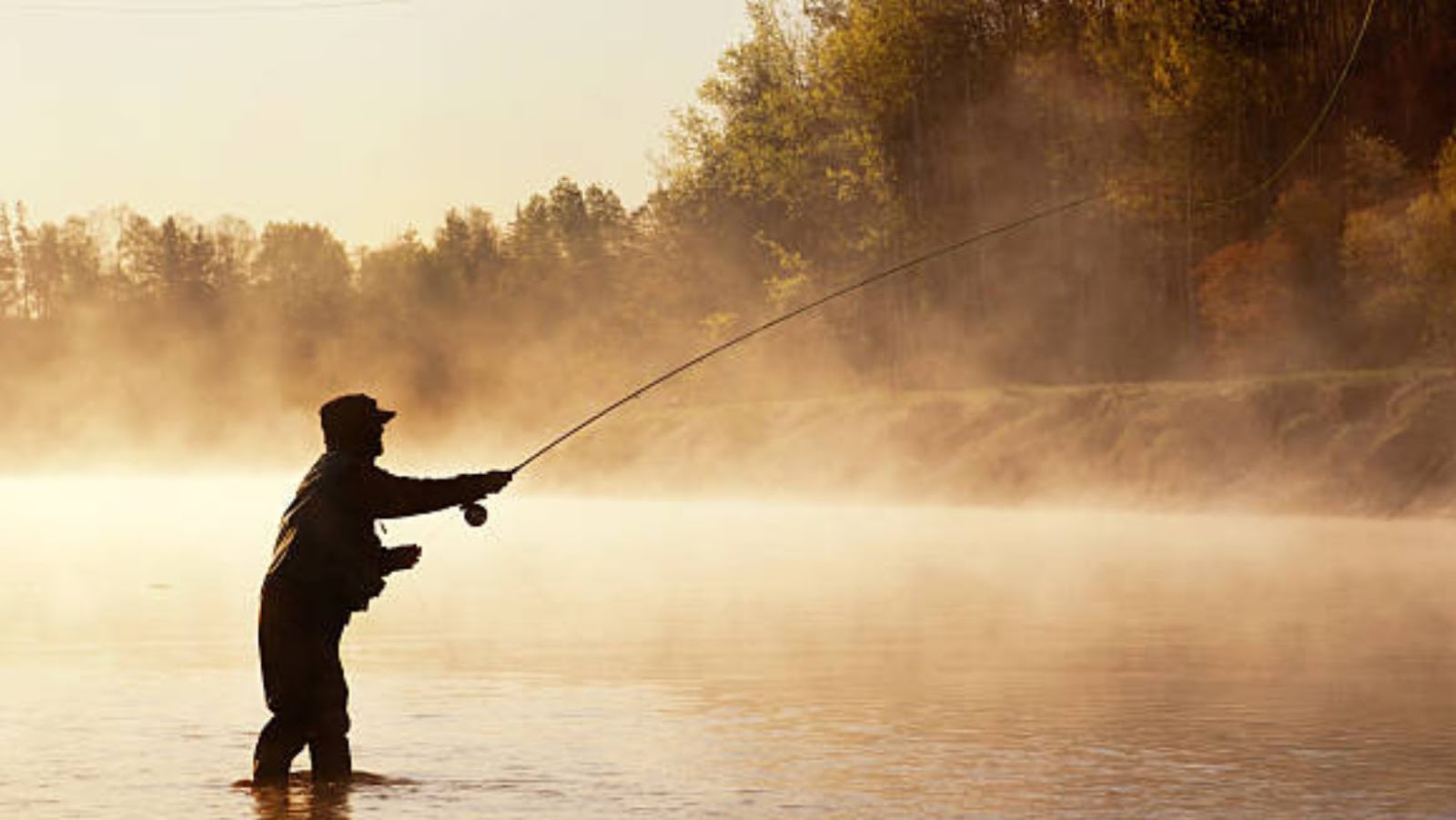Fly fishing and spin fishing are two popular techniques used by anglers for catching fish. The main difference between the two lies in the equipment used. Fly fishing involves casting a lightweight, artificial fly with a specialized rod, reel, and line; whereas, spin fishing uses a heavier lure or bait attached to a spinning rod and reel.
Fly fishing allows for more delicate presentations of the fly and is often preferred for catching trout or other selective fish species. The casting technique requires skill and precision, but can also be very rewarding when a fish is hooked. Spin fishing, on the other hand, is often more straightforward and easier to learn, making it a popular choice for beginners or those looking to catch a variety of fish species.
Both techniques can be used in a variety of fishing environments, but fly fishing is typically associated with freshwater streams and rivers, while spin fishing can be used in both freshwater and saltwater environments. Ultimately, the choice between fly fishing and spin fishing comes down to personal preference and the type of fishing experience an angler is looking for. In this article, I’ll explore the pros and cons of each technique, so you can make an informed decision on which one to use for your next fishing adventure.
Table of Contents
ToggleFly Fishing vs Spin Fishing
As an avid angler, I’ve spent years exploring the nuances of fly fishing and spin fishing, and have come to appreciate the unique challenges and rewards of each. Fly fishing and spin fishing are two of the most popular forms of recreational fishing, but with distinct differences that can make all the difference in your day on the water.
Fly fishing uses a lightweight lures, called flies, that are specially designed to mimic insects or other natural prey species. These are cast using a long, flexible fly rod and a weighted line that is tailored to the weight of the fly. The casting technique used in fly fishing requires technical skill, and can take time to master, but once you get the hang of it, it’s a truly rewarding experience.
On the other hand, spin fishing is a far simpler and more straightforward approach that uses a heavier, spinning lure – such as a spoon, jig, or crankbait – which is attached to a monofilament or braided line that is spooled onto a spinning reel. Casting a spinning rod is fairly simple and can be mastered quickly. This makes spin fishing an ideal choice for beginners and for anglers targeting larger, more aggressive fish.
One of the main advantages of fly fishing is that it allows you to present your lure to fish in a more natural and precise manner. Fly anglers typically use a lot of finesse to land their lure in a great spot without spooking the fish. This can be important when targeting such skittish species as trout or grayling in wild rivers or streams. Fly fishing is also a great option when practicing catch and release fishing, where the fish is released back into the wild.
However, spin fishing has its advantages too, especially when you’re looking to cover a large area of water like a lake or large river. Spinning lures can be cast further into the water, which can be useful when trying to reach deeper or farther away fish. Additionally, spinning lures can be retrieved much more quickly than flies, making them ideal for targeting active fish that are feeding aggressively.
In conclusion, there is no winner or loser in the fly fishing vs spin fishing debate – it really comes down to personal preference. Both forms of angling offer unique experiences and challenges, and offer anglers the opportunity to catch a wide variety of fish in different environments. Now you have a better understanding of how both methods work, and can pursue your passion with greater confidence and enthusiasm.
Spin Fishing: An Overview
Spin fishing is a popular technique used by anglers around the world to catch fish. It involves using a spinning rod and a spinning reel to cast a lure or bait and retrieve it in order to entice fish to bite.
Here are some key characteristics of spin fishing:
- Versatility: Spin fishing can be done in a variety of environments, including freshwater and saltwater. It can also be done from shore, a pier, a boat, or any other location that offers access to water.
- Ease of Use: Compared to fly fishing, spin fishing is generally considered easier to learn and master. This is because the spinning reel is easier to cast than a fly reel, and the technique requires less precision and finesse.
- Ability to Cover Large Areas: Spin fishing allows anglers to cover large areas of water quickly and efficiently. This makes it ideal for targeting fast-moving fish or fish that are spread out over a wide area.
- Availability of Gear: Spin fishing gear is widely available and can be found at most sporting goods stores. This makes it an accessible hobby for novice anglers and those who may not have access to specialized equipment.
- Cost-effective: Generally speaking, spin fishing gear is less expensive than fly fishing gear, making it a more cost-effective option for those just starting out or fishing on a budget.
Overall, spin fishing is a great choice for anglers who enjoy the simplicity and versatility of using a spinning rod and reel. Though it may not offer the same level of finesse or the opportunity to catch certain types of fish, it remains a popular and effective technique for catching a wide variety of species in a range of environments.

Fly Fishing vs Spin Fishing: Pros and Cons
As an avid angler, I have spent many hours both fly fishing and spin fishing. Each technique has its own unique advantages and disadvantages. In this section, we will discuss the pros and cons of fly fishing vs spin fishing.
Fly Fishing Pros:
- A more challenging technique that requires practice and skill to master
- Allows for greater presentation and precision when casting
- A more efficient method for catch and release fishing, as the fish is typically hooked in the mouth rather than the stomach
Fly Fishing Cons:
- Requires more specialized gear and equipment, which can be expensive
- Can be more difficult and time-consuming to learn
- Limited to certain types of water and fish species, as certain fish may not be attracted to fly lures

Spin Fishing Pros:
- Easier to learn and less time-consuming to set up, making it ideal for beginners
- Versatile technique that can be used in a wide range of water conditions and for a variety of fish species
- Typically requires less specialized gear and is more affordable than fly fishing equipment
Spin Fishing Cons:
- A less challenging technique that may not provide the same level of satisfaction as fly fishing
- Less precise casting, which can result in spooking fish or getting a lure stuck in a tree or rocks
- Increased risk of injury to the fish, as they are more likely to be hooked in the stomach rather than the mouth
Overall, both fly fishing and spin fishing have their own unique advantages and disadvantages. The technique you choose will depend on your personal preference, skill level, and the type of water and fish you plan to fish for. Regardless of which method you choose, the most important thing is to enjoy the tranquil sport while preserving the well-being of the fish and their habitats.





